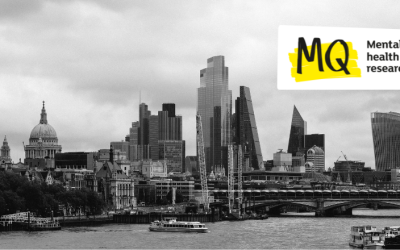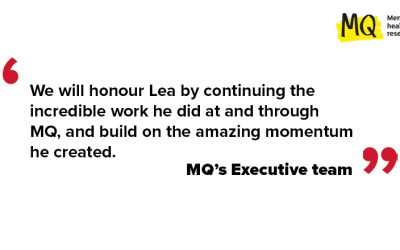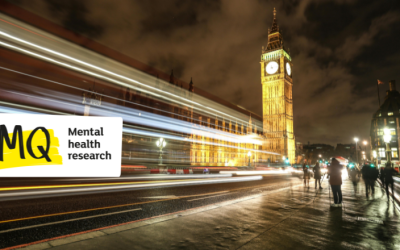A new study published in The New England Journal of Medicine has shown promising results for the use of psilocybin, a naturally occurring psychedelic chemical found in some mushrooms, to treat depression.
The researchers randomly assigned adults with treatment-resistant depression into groups. They gave them a single dose of psilocybin at various dosages (25mg, 10mg, or 1mg), along with psychological support.
A total of 79 participants were in the 25-mg group, 75 in the 10-mg group, and 79 in the 1-mg group. The researchers found that psilocybin at a single dose of 25 mg, but not 10 mg, reduced depression scores significantly more than a 1-mg dose over three weeks but was associated with adverse effects, i.e. headaches, nausea, and dizziness.
The researchers note that this study is a good starting point. However, more extensive, and longer trials, including comparisons with existing treatments, are required to determine the effectiveness and safety of psilocybin for depression.
Professor Andrew MacIntosh, Head of Division of Psychiatry, University of Edinburgh, and member of the MQ Mental Health Research Science Council, said,
“This new trial greatly improves our understanding of whether psilocybin could potentially help depressed people when conventional treatments have failed. The study appears well-conducted and suggests that 3 weeks after people were given a single 25mg dose of psilocybin, they had lower levels of depressive symptoms than people treated with lower doses (1mg or 10mg).
"Participants were not asked if they could guess whether they were in the arm of the study that received a higher dose of the psychedelic. This is important, because psilocybin is associated with euphoria and changes in perception that may reveal that they are in an higher-dose or ‘more active’ treatment arm. People who believe they are in a higher-dose treatment group are potentially more likely to report treatment benefits, regardless of whether the intervention works, undermining the double-blind design.
"Nevertheless, this study is an advance on previously published work in smaller numbers of people that reported efficacy based on depression scales that were not intended to be the main measure of treatment benefit. It is the strongest evidence so far to suggest that further, larger and longer randomised trials of psychedelics are justified and that psilocybin may (one day) provide a potential alternative to antidepressants that have been prescribed for decades.”
Help support life-changing research like this by donating to MQ.



